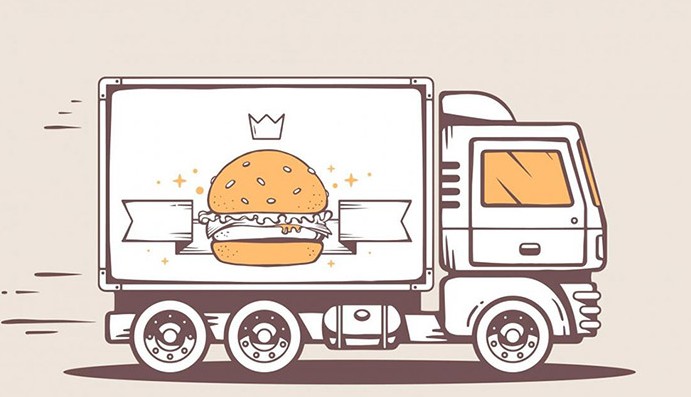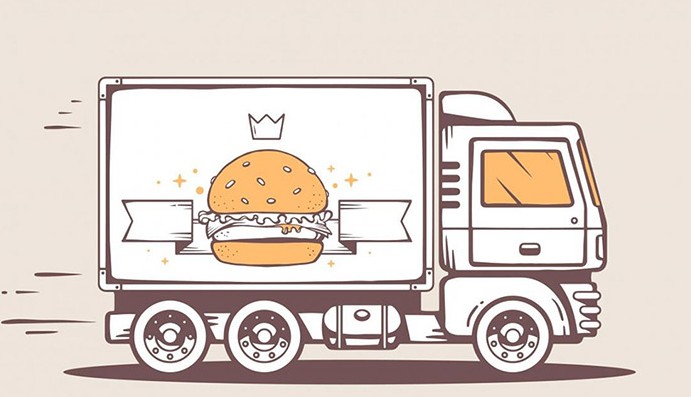Start Your Own Food Truck Business Use Mobile Food Cart

Planning Your Menu
If you look at the food trucks, trailers, carts and kiosks on the streets and at mobile catering menus, you'll find that almost anything edible can be served up street-side. Of course the big question is: How practical is it? This may account for the lack of baked Alaska carts out there, but rest assured, someone is probably selling it on some street corner.
Determining what to serve can be fun. But there are a lot of factors to consider when it comes to menu planning in the mobile food world. Here are a few:
What do you know how to cook?
What foods do you enjoy cooking?
What foods are popular in your town, county, city or region?
What ingredients are easy to get from wholesalers, markets or farms in your area?
What foods are easy to transport to and from an off-site commercial kitchen?
What can you prepare and/or heat up without much difficulty?
What food(s) are ideally suited for your culinary expertise or allow you to try creative new recipes?
What foods can customers easily carry around with them?
What food(s) are potentially cost effective for you to sell?
What foods are not being sold at 100 other food trucks, carts, kiosks or mobile caterers in your area?
What times of day will you be open for business? Breakfast? Lunch? Dinner? Late night? All of the above?
Are you going to specialize in one or two foods with several variations such as pizza, tacos or ice cream?
Are you going to have a larger menu? Remember, a larger menu typically requires more space and may move you from a kiosk or cart to a truck or bus.
The Next Step: Perfecting Recipes
Unless you are buying prepared foods or have a chef providing you with foods, you'll want to plan your own recipes, work on them, re-work them, and have some taste tests. Consider your family and friends as your very own guinea pigs. Have parties, make a fun time of it, but get them to taste your foods and give you honest critiques. Don't be afraid of some criticism -- better to receive it from friends and family than from food critics and customers.
Once you've found a few favorites, make sure you can master the recipes. Write them down for future reference. Next, try some variations on a theme. Most mobile food entrepreneurs spend several months, often while waiting for their truck to be retrofitted and their backers to fork over some startup money, experimenting with various menu items.
Test Your Food
Don't start out with foods you have not thoroughly tested. This means you need to perfect each recipe to be sure it has the following qualities:
It is easy to make repeatedly in large quantities.
It tastes consistently good.
It is easy to serve.
It travels well.
Buying Ingredients
Sourcing, as they call it in the food business, is the process of getting your foods and other ingredients. Like a restaurant, you need to determine your potential volume and buy accordingly. You always need to be planning in advance to shop or receive orders so that you are never out of necessities. If you are cooking, make a detailed shopping list of ingredients. If you are buying food from wholesalers, know how much you need, how much you can safely keep fresh, and how much you can sell before any food goes bad. You are better running out of food on a busy day than selling something that isn't fresh. Determining the right quantities to purchase is usually trial and error. Where to source your food, can be a factor in planning your purchases, schedule and offerings. Common sources include wholesale food distributors, food manufacturers, local and regional suppliers, greenmarkets and farmers markets, food cooperatives and shopping clubs like Costco or Restaurant Depot.
needs.
